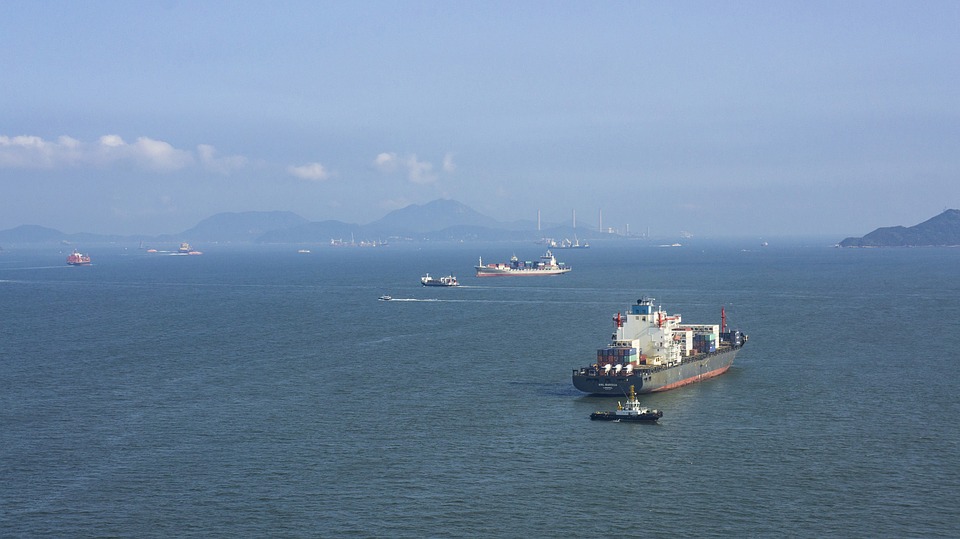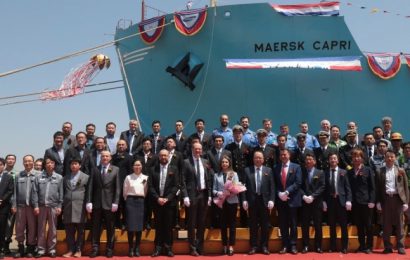
The European Commission has adopted a proposal to revise the EU system for monitoring, reporting and verification (EU MRV) of CO2 emissions from maritime transport.
The system will be revised in order for the EU to take “appropriate account” of the global data collection system for fuel consumption of ships established by the International Maritime Organization (IMO).
Specifically, the proposal aims to facilitate the harmonious implementation of the two systems while preserving the objectives of the current EU legislation. By streamlining some aspects of the two MRV systems such as specific definitions or monitoring parameters, the proposal aims at reducing the administrative burden and associated costs for ships having to report under both systems, as explained by the European Commission.
Publishing data about the emissions of all ships calling at EU ports will incentivize shipping companies to cut their CO2 while also better informing regulations to reduce emissions, the NGO Transport & Environment (T&E) believes.
By harmonizing its MRV system with the IMO’s system, the EU should still require ships registered outside the EU to report their data.
In the case of publishing data on all ships, shipping customers would be able to identify the most efficient vessels, make fuel savings and reduce CO2 emissions, according to the NGO.
What is more, the transparency of the EU system, unlike the IMO’s data collection system (DCS), would prevent dirty ships to pass themselves off as efficient.
The commission’s proposal also maintains other key elements of the EU’s MRV, such as reporting data showing ships’ air pollution in ports.
“Shippers need to be able to identify the most efficient ships to cut their fuel costs and climate impact. The EU’s system provides this high quality data which will also influence the ambition and the effectiveness of climate measures in the shipping sector. Without accurate data collection, the reduction measures won’t be worth the paper they are written on,” Faig Abbasov, Shipping Officer at Transport & Environment, commented.
However, the commission yielded to pressure to remove the obligation on ships to collect and report cargo data – essential for analyzing the real-world performance of ships. The IMO system exempts shipping companies from collecting data about their cargo.
“Despite the positive decisions on flag neutrality and transparency, it is regrettable that the commission caved in to pressure to remove the collection of cargo data within the EU. Without cargo data, the market would not be able to differentiate an empty ship from an efficient one and thus there would be little incentive to improve ships’ efficiency, lower emissions and reduce transport costs,” Abbasov explained.
Shipping emits 3% of global CO2 and would be the sixth biggest emitter after Japan if it were a country. EU-related shipping is responsible for about one-fifth of global emissions.
In 2018, the IMO agreed a goal to reduce shipping emissions by at least 50% by 2050, and the IMO and EU systems are supposed to provide detailed data for policymakers to set regulatory measures that will reduce maritime greenhouse gas emissions.
—World Maritime News






